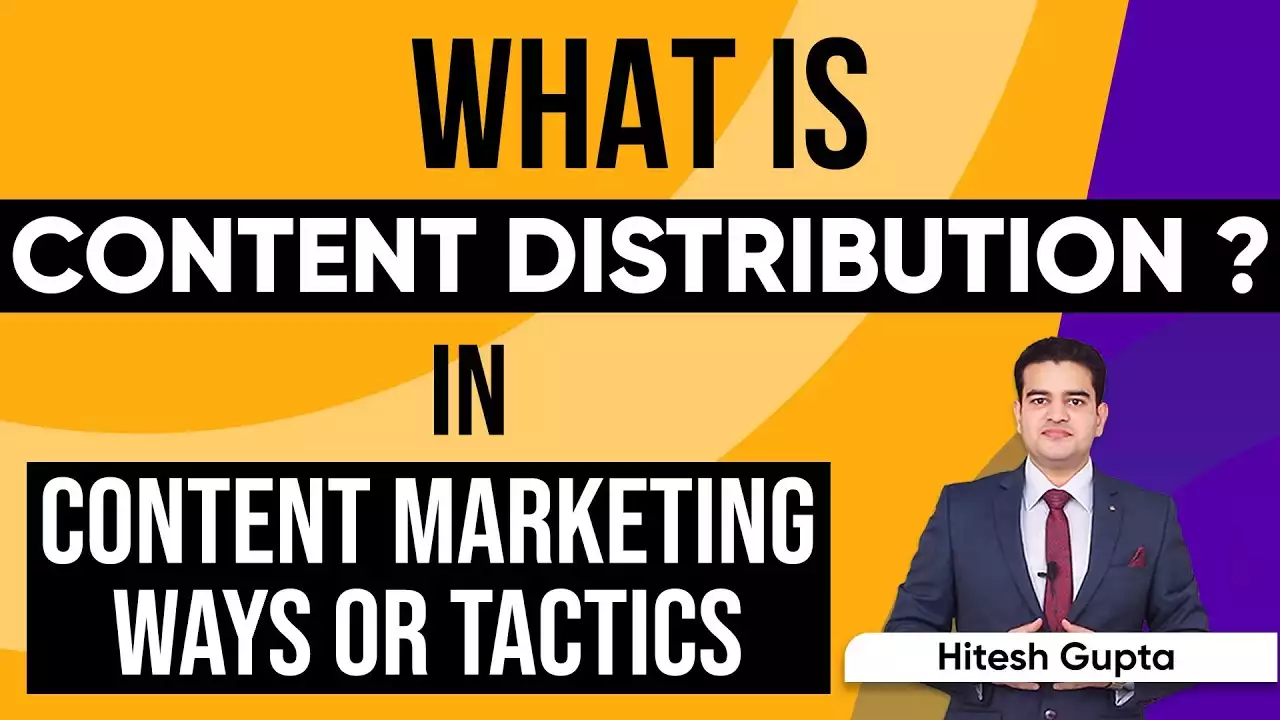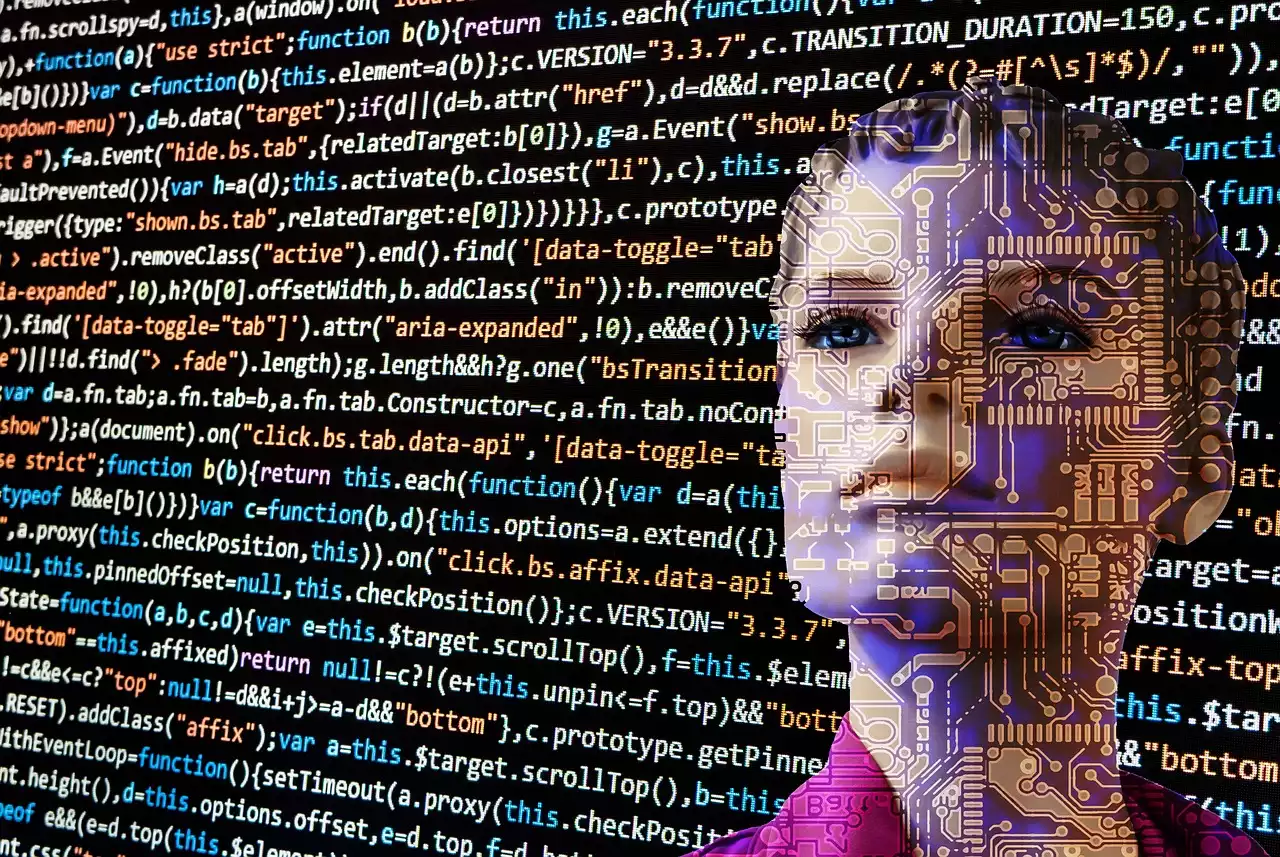How AI and Machine Learning can Improve Content Creation
Content creation is the backbone of content marketing, and AI and machine learning can help streamline this process. With the help of AI tools, content creators can analyze data to understand their audience better and tailor their content to suit their needs. For example, AI can analyze customer data such as search history, purchase behavior, and social media activity to create personalized content that resonates with them.
Machine learning algorithms can also assist content creators in generating new ideas for content. With the help of natural language processing and sentiment analysis, machine learning algorithms can analyze customer feedback and social media activity to understand what topics are trending and what customers are talking about. This information can then be used to generate new content ideas that are relevant and engaging.
By using AI and machine learning to improve content creation, businesses can create content that is tailored to their audience's needs and interests, resulting in better engagement and higher conversion rates.
Using AI and Machine Learning for Content Analysis and Optimization
Once content is created, the next step is to optimize it for search engines and user engagement. AI and machine learning can help with this process by analyzing data insights and identifying areas for improvement.
For example, AI-powered tools can analyze website data to understand how users interact with content. This information can then be used to optimize the website's layout, design, and content to improve user engagement and conversion rates.
AI can also analyze the performance of individual pieces of content, identifying what types of content perform best and what elements are most engaging to users. This information can then be used to optimize future content for better performance.
Using AI and machine learning for content analysis and optimization can help businesses improve their search engine rankings and generate more leads and sales.
Personalizing Content with AI and Machine Learning
Personalization is a key aspect of content marketing, and AI and machine learning can help businesses create personalized content at scale. By analyzing customer data, AI can create personalized content recommendations that are tailored to each user's interests and needs.
For example, an e-commerce website can use AI to recommend products to customers based on their search history and purchase behavior. This personalized approach can increase customer engagement and loyalty, resulting in higher conversion rates and sales.
AI can also personalize content by adapting it to different platforms and devices. For example, AI can optimize content for mobile devices, ensuring that it is easy to read and navigate on smaller screens.
By using AI and machine learning to personalize content, businesses can create a more engaging and personalized user experience, resulting in higher engagement and conversions.
AI and Machine Learning for Content Distribution and Promotion
Content distribution and promotion are essential aspects of content marketing, and AI and machine learning can help businesses reach their target audience more effectively. By analyzing customer data, AI can identify the best channels and platforms to distribute content on, ensuring that it reaches the right audience at the right time.
For example, AI can analyze social media activity to identify the best times to post content for maximum engagement. AI can also analyze customer data to identify the most effective advertising channels for promoting content, ensuring that businesses get the most out of their advertising budget.
AI can also help businesses optimize their content for different platforms, ensuring that it is tailored to each platform's unique requirements and specifications.
By using AI and machine learning for content distribution and promotion, businesses can reach their target audience more effectively, resulting in higher engagement and conversions.
Real-World Examples of AI and Machine Learning in Content Marketing Optimization
Many businesses are already using AI and machine learning to optimize their content marketing strategies. Here are a few real-world examples:
- Netflix uses machine learning algorithms to personalize its content recommendations for each user, resulting in higher engagement and retention rates.
- HubSpot uses AI powered tools to analyze website data and optimize its content for better search engine rankings and user engagement.
- The Washington Post uses AI to automate its content distribution and promotion, ensuring that its content reaches the right audience at the right time.
- Sephora uses AI powered chatbots to provide personalized recommendations to customers, resulting in higher engagement and sales.
These examples demonstrate the power of AI and machine learning in content marketing optimization.
The Future of AI and Machine Learning in Content Marketing Optimization
The use of AI and machine learning in content marketing optimization is still in its early stages, and we can expect to see many more exciting developments in the future. Here are a few trends to watch out for:
- Increased personalization: AI and machine learning will continue to become more sophisticated, allowing businesses to create even more personalized content and recommendations.
- Greater automation: AI and machine learning will help businesses automate more aspects of their content marketing strategies, freeing up time and resources for other tasks.
- Better data analysis: As AI and machine learning algorithms become more advanced, businesses will be able to analyze data more effectively, resulting in better insights and optimization.
The possibilities for AI and machine learning in content marketing optimization are endless, and we can expect to see many more exciting developments in the years to come.
Ethical Considerations When Using AI and Machine Learning in Content Marketing
While the use of AI and machine learning in content marketing optimization has many benefits, it also raises ethical considerations. Businesses must ensure that they use AI and machine learning in a responsible and transparent manner, respecting customer privacy and data protection laws.
For example, businesses must be transparent about how they use customer data and ensure that customers have control over their data. They must also ensure that AI and machine learning algorithms do not perpetuate bias or discrimination.
By using AI and machine learning in a responsible and ethical manner, businesses can build trust and loyalty with their customers, resulting in long-term success.
Implementing AI and Machine Learning in Your Content Marketing Strategy
Implementing AI and machine learning in your content marketing strategy may seem daunting, but it doesn't have to be. Here are a few tips to get started:
- Identify your goals: Determine what you want to achieve with AI and machine learning and how it can help you optimize your content marketing strategy.
- Choose the right tools: Research and choose AI and machine learning tools that align with your goals and budget.
- Train your team: Ensure that your team is trained in using AI and machine learning tools and understands how to use them effectively.
- Start small: Begin by implementing AI and machine learning in one aspect of your content marketing strategy, such as content creation or distribution, and gradually expand from there.
By following these tips, businesses can implement AI and machine learning in their content marketing strategies effectively.










